Apple Confirms Unencrypted Kernel in iOS 10 Beta is Intentional
Yesterday it was discovered that iOS 10 does not feature an encrypted kernel, allowing users and researchers access to the core of the operating system and its inner workings. It was unclear at the time whether the lack of encryption was an accident or intentional, but today Apple confirmed to TechCrunch that the company did not encrypt the kernel for a reason.
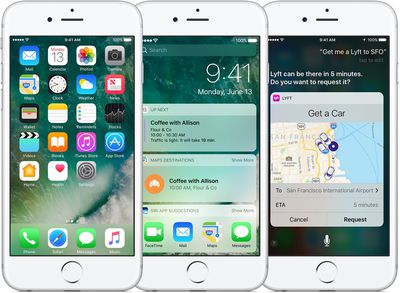
“The kernel cache doesn’t contain any user info, and by unencrypting it we’re able to optimize the operating system’s performance without compromising security,” an Apple spokesperson told TechCrunch.
The kernel, which dictates how software can use hardware and keeps the device secure, is unencrypted so that developers and researchers can "poke around" and find potential security flaws. Because the kernel is easier to access and flaws may be easier to find, Apple can more easily and more quickly patch potential issues.
The move is a shift for Apple, who had encrypted the kernel in past versions of iOS, leaving developers and researchers out of the loop on the inner workings of the operating system. As noted by security expert Jonathan Zdziarski, it's likely that Apple has made this shift to prevent groups from "hoarding" vulnerabilities in Apple's software, like the vulnerability used by the FBI to break into the iPhone 5c of the San Bernardino shooter.
Popular Stories
iOS 17.2 has been in beta testing for over a month, and it should be released to all users in a few more weeks. The software update includes many new features and changes for iPhones, including the dozen that we have highlighted below. iOS 17.2 is expected to be released to the public in mid-December. To learn about even more features coming in the update, check out our full list. Journal ...
Unidentified governments are surveilling smartphone users by tracking push notifications that move through Google's and Apple's servers, a US senator warned on Wednesday (via Reuters). In a letter to the Department of Justice, Senator Ron Wyden said foreign officials were demanding the data from the tech giants to track smartphones. The traffic flowing from apps that send push notifications...
Apple today released new firmware update for both the Lightning and USB-C versions of the AirPods Pro 2. The new firmware is version 6B34, up from the 6B32 firmware introduced in November. Apple does not provide details on what features might be included in the refreshed firmware beyond "bug fixes and other improvements," so it is unclear what's new in the update, but prior software releases ...
Apple's Korean suppliers have begun developing smartphone under-display cameras (UDC), paving the way for the first iPhone with a true "all-screen" appearance. According to The Elec, LG Innotek has entered the preliminary development of the UDC, which sits under the display and does not result in a visible hole in the panel when the camera is not in use. A UDC differs from a typical front ...
The iOS 17.2 update that Apple is set to release to the public in the near future will bring support for the next-generation Qi2 wireless charging standard to the iPhone 13 and iPhone 14 models. Qi2 was mentioned in the release notes for the RC version of the update that came out today. With the addition of support for the new standard, iPhone 13 and iPhone 14 models will work with Qi2...
Recently, MacRumors has received details on the battery currently being tested on the upcoming fourth-generation iPhone SE, and the information corroborates previous findings in relation to the device. The iPhone SE 4, known by its device identifier D59, is expected to use the exact same battery found in the base model iPhone 14. Partially assembled prototypes of the next iPhone SE have been ...
Today we're tracking a collection of deals that are matching - or nearly matching - the same all-time low discounts we saw during Black Friday. This includes the AirPods Pro 2 with USB-C, 9th generation iPad, and M1 MacBook Air. Note: MacRumors is an affiliate partner with some of these vendors. When you click a link and make a purchase, we may receive a small payment, which helps us keep the ...
Meta has revealed plans to end Instagram users' ability to chat with Facebook accounts later this month, rolling back a feature that it introduced over three years ago. In September 2020, Meta (then Facebook) announced it was merging its Facebook Messenger service with Instagram direct messaging, allowing Instagram users to chat with Facebook users and vice versa using the same platform....



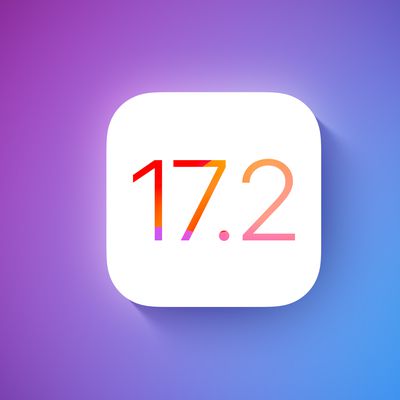
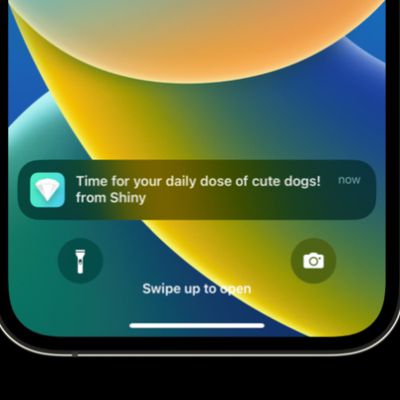
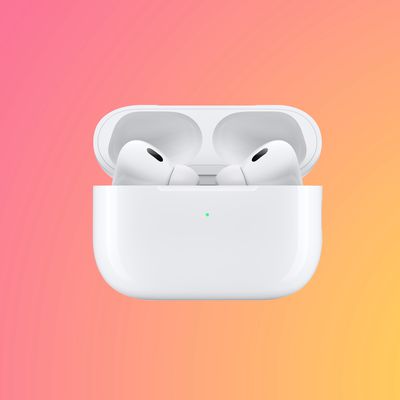
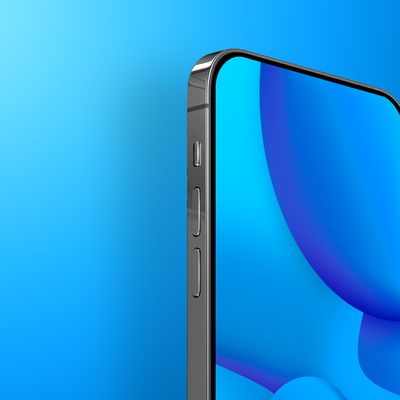
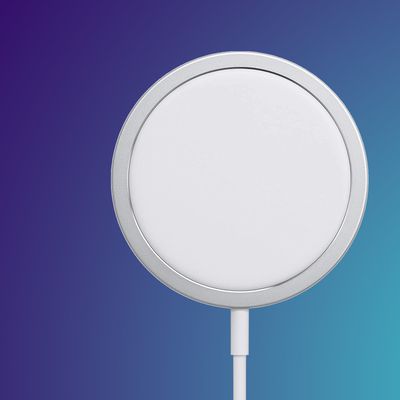
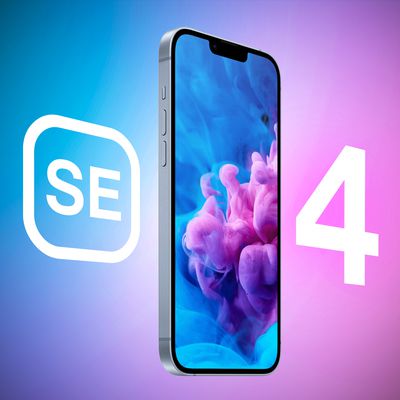

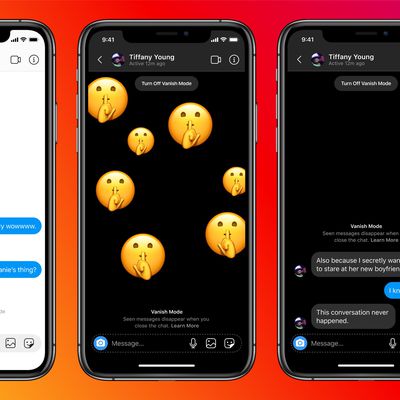
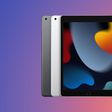










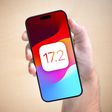

Top Rated Comments
By contrast Microsoft offers $100,000 for a unique kernel level exploit, $15,000 for a Edge browser exploit and $100,000 for a unique solution to a presented exploit that they have yet to come up with / implement.
So if you were to find an Edge browser exploit in Windows 10 and another exploit that allowed you to jump the sandbox and gain root access to the operating system and then figured out a solution to stop the attack that is safe and implementable you could earn yourself $215,000.
Find the same in iOS, macOS, watchOS or tvOS and earn $0. It's about time Apple got serious and offered their own bug bounty program. It's the most meaningful way to get serious vulnerabilities reported.
And remember the FBI and NSA are paying upwards of $1 Million dollars (as shown in congress reports) for root level attacks on iOS, macOS and Windows. That is the competition. If you're a security researcher who're you gonna tell? Apple and earn nothing or the NSA/FBI and change your entire life?
You are calling it innovation, and then snickering at the "Apple marketing" in your mind for calling it innovation.
Well done.
Apple PR's statement that "[t]he kernel cache doesn't contain any user info" is ridiculously obvious to anyone with technical knowledge in this area. That statement is clearly only intended to placate the non-technical masses who might hear "Apple" and "unencrypted" in the same sentence and get worried about the privacy battle.
Secondly, what sort of performance improvement can this possibly make? Even assuming the kernelcache has to be decrypted once per boot, that must take what, a couple hundred milliseconds for the hardware-accelerated AES engine to do its thing?
I am really baffled by Apple's response. If it was indeed intentional, it must have been for reasons other than what they are saying.